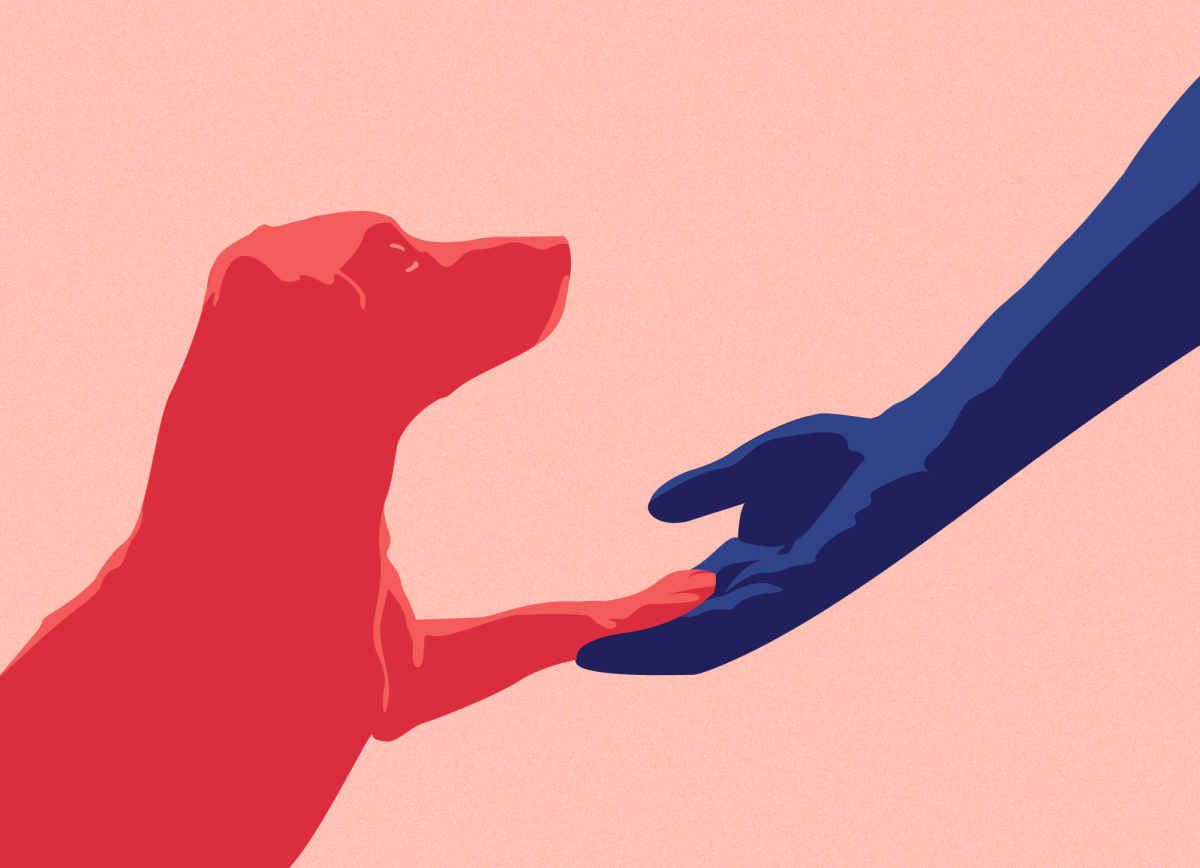A dog is a human’s best friend. While that may be an opinionated statement, it is also statically factual. Dogs have been bringing comfort and support to humans for thousands of years, providing companionship between species. Animals provide a unique support that isn’t political, controversial or conditional.
Service animals provide many benefits when incarcerated people have access to them. Allowing animals into prisons could help expand rehabilitation opportunities, reduce recidivism and restore faith in humanity.
Rehabilitation and Recidivism
The discussion of allowing dogs into prisons has historically circulated in the media since the 1980s. Yet the growth of this form of rehabilitation has stayed close to the ground without making much movement. To deny the need for rehabilitation in our criminal justice system is denying positive and effective change. It can look different for each individual and comes in many ways. Rehabilitation in prisons, however, is a pressing matter that many choose to ignore, usually in favor of spending budgets on surveillance.
Solitary confinement, lack of human connection and indecent ways of punishment occur in many correctional facilities, resulting in loneliness and isolation. Despite the convictions and crimes committed, prisoners are humans, and humans deserve empathy. Dogs provide companionship and love, which are two things that most incarcerated people don’t receive. Studies have shown that dogs in prisons can lead to a decrease in recidivism rates, improve anxiety and stress, and even improve social and mental skills in humans.
In the last decade alone, Utah’s recidivism rate is at 46%, and the mental health dilemma in our state is not helping the problem. We cannot spare more lives being put at risk without the determination to find effective change. Service animals in prison could be this change.
Canines With a Cause
In Utah alone, there is only one group that has made momentum with introducing dogs into prisons. Canines With a Cause is a nonprofit organization based in Utah. The goal is to allow inmates the opportunity to train dogs, allowing connections between the animals and the inmates. The training consists of basic obedience tasks, with both parties benefitting from the positive interactions.
The dogs act like service animals, allowing a therapeutic connection between the human and the canine. For nine months, six dogs were put in the Utah state prison to be trained. The outcome was beyond positive and showed hope for change. The program was deemed a success and showed an increase in bonding and connection between prisoners and the dogs. Prisoners mentioned that they could stay busy, stimulated and motivated during the program.
After seeing the results of this study, it is time that more conversations and dialogue are opened in other opportunities. Rather than denying that it is a positive and kind thing to do, it is important to understand.
Friendship in a Room of Felons
The belief that prisoners are worthy of love and humane treatment can be contradictory and fully based on one’s own opinion. Many people say it depends on the crime and some say that it doesn’t matter at all.
However, dogs provide one thing that no human is fully capable of: lack of judgment. For incarcerated people, many endure numerous trials facing extreme amounts of judgement. It’s important that these individuals have an outlet or safe space to turn to where they don’t feel such judgment. Although dogs are smart and have abilities that can be shocking, they also exude innocence. Dogs can sense evil, but they surely are not going to turn down a human who wants to pet them.
The enduring bond between humans and dogs, as evidenced by their unwavering loyalty and unique ability to provide non-judgmental companionship, is a testament to the special role they play in our lives. Advocating for the integration of animals into the prison system is essential.
The need for rehabilitation in prisons is undeniable, with the current system often lacking in empathy and human connection, leaving incarcerated individuals devoid of essential emotional support.
The question of whether prisoners are deserving of love and humane treatment remains a subject of varying opinions. However, the universal truth is that dogs, with their non-judgmental innocence, offer a unique form of emotional support. This support can play a crucial role in reshaping the lives of those incarcerated, fostering compassion and ultimately benefiting society.













